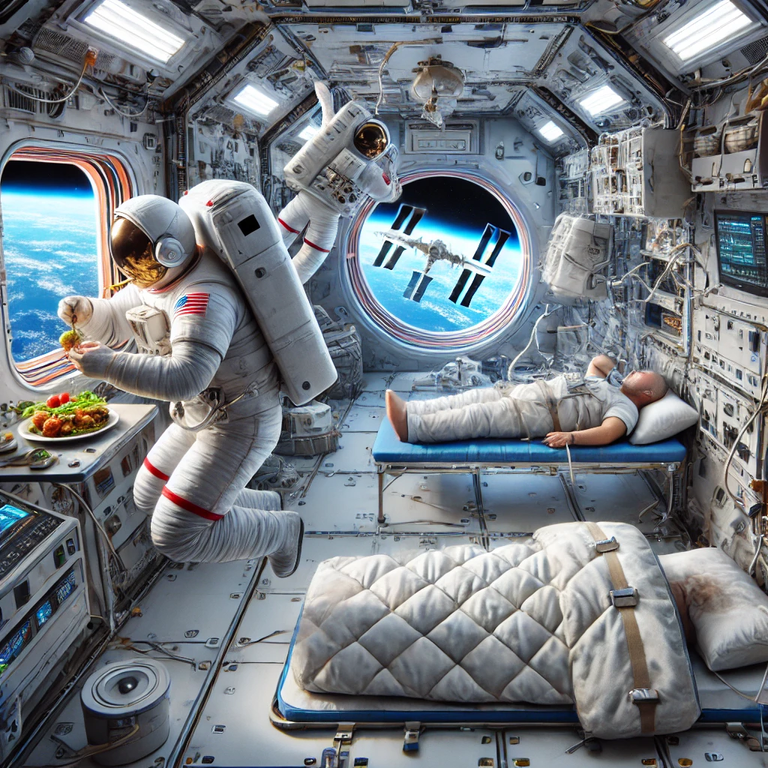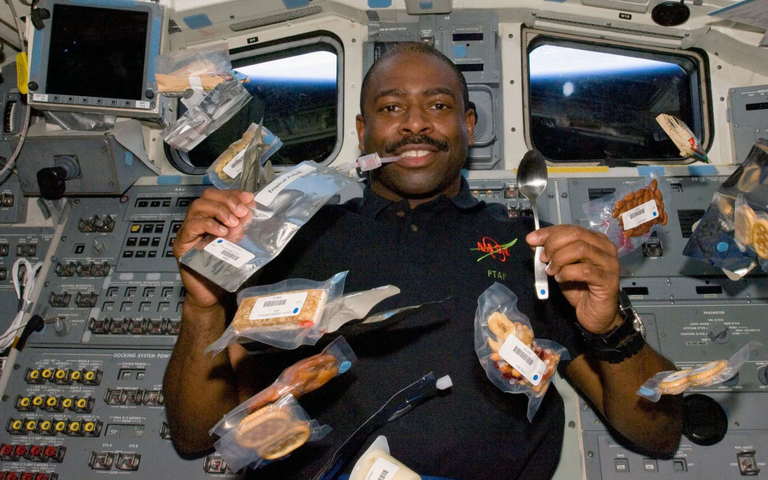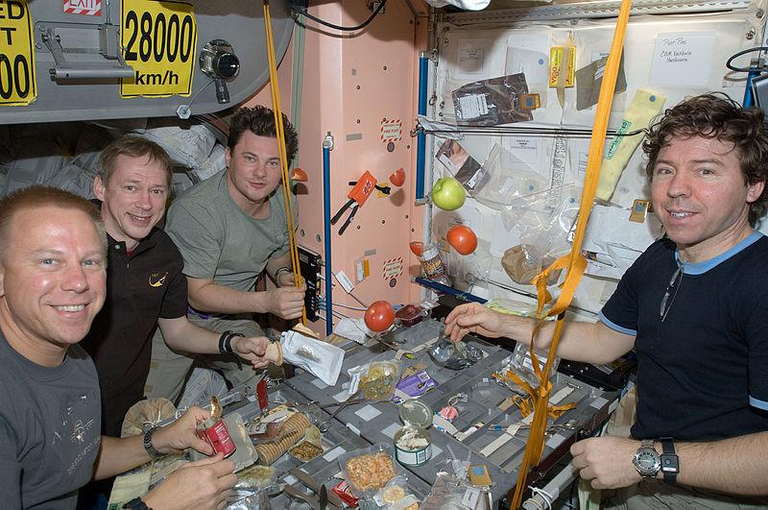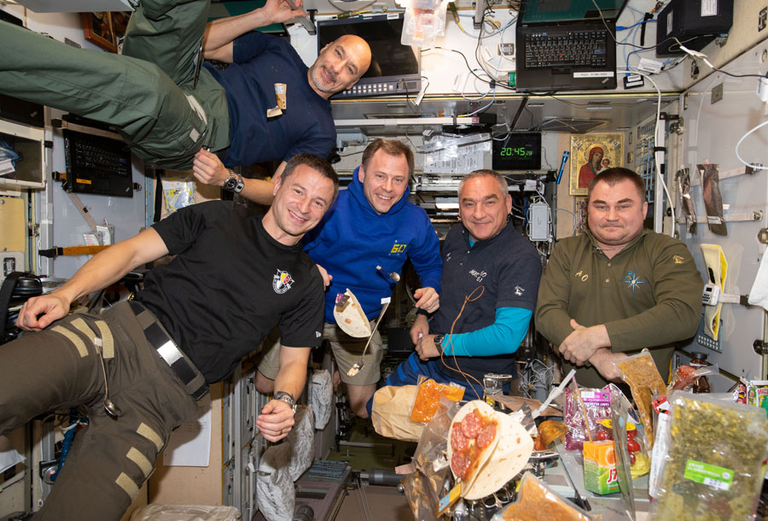
How Astronauts Eat, Sleep, and Live in Space
Space travel is an extraordinary experience, but it comes with unique challenges. Astronauts must adapt to microgravity, which affects everything from eating meals to getting a good night's sleep. Here’s a look at how they manage daily life aboard the International Space Station (ISS).

Eating in Space
Astronauts don’t have the luxury of a traditional kitchen, but they do have specially prepared meals. Since gravity doesn’t pull food downward, everything is either vacuum-sealed or stuck to surfaces with Velcro to prevent floating away.
- Food Preparation: Meals are dehydrated and rehydrated with water before consumption. Some items, like nuts or energy bars, are ready-to-eat.
- Drinking Liquids: Since liquids float in bubbles, astronauts drink through special pouches with straws that have valves to prevent spills.
- Tastes and Smells: Due to fluid shifts in the body, many astronauts experience reduced taste sensation, so they crave spicier foods.
Sleeping in Space
With no gravity, there’s no "up" or "down," so astronauts sleep in small, enclosed sleeping bags attached to the walls of the space station.
- No Beds or Pillows: They float inside sleeping bags, secured to prevent drifting.
- No Fixed Sleep Position: They can sleep in any orientation, as there’s no "lying down" in space.
- Adjusting to Weightlessness: Some astronauts struggle at first because they don’t feel the normal pressure of lying on a bed.
Living and Working in Space
Astronauts follow a strict daily routine to stay healthy and productive in microgravity.
- Daily Exercise: They work out for at least two hours to prevent muscle loss and bone weakening. Equipment includes treadmills with harnesses and resistance machines.
- Personal Hygiene: Without showers, astronauts use wet wipes, rinseless shampoo, and airflow toilets that suck waste away.
- Communication: They stay in touch with family via emails and video calls, often sharing their space experience with the world.

The Beauty of Space Living
Despite the challenges, living in space is an incredible experience. Astronauts get to witness breathtaking Earth views, experience sunrise and sunset every 90 minutes, and conduct important scientific research that benefits humanity.
